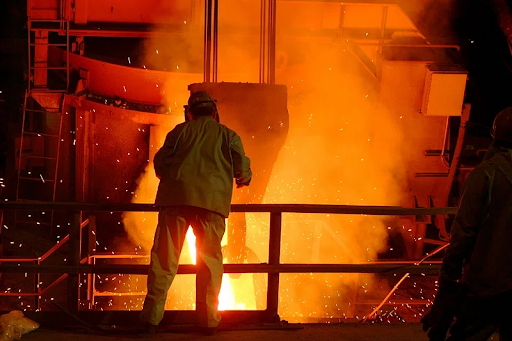A pragmatic peace has broken out between two of the UK’s industrial goliaths, Tata Steel and British Steel. This unexpected truce takes the form of a strategic collaboration aimed at overcoming the significant hurdles of modern trade protectionism. In an age of economic chaos, this alliance shows that joining forces with a rival may be the most logical path to stability and success.
The direct impetus for the deal was the challenge of complying with stringent US tariffs and the associated “melted and poured” clause. This regulatory barrier affects the entire UK steel sector, making it a common enemy. The decision to collaborate represents a sophisticated strategic calculation: the benefits of overcoming this shared obstacle together far outweigh the potential gains of competing against each other while struggling individually.
This partnership signals the limitations of the traditional, fiercely competitive industrial model. That 20th-century approach is ill-equipped to handle the systemic shocks of the 21st century, from geopolitical tensions to complex global regulations. The new imperative is agility, and the ability to form issue-specific alliances with competitors is becoming a hallmark of forward-thinking leadership.
The template established by this deal has enormous potential, especially in the context of the green transition. The journey to net-zero for heavy industry is a marathon that no single company can run alone. It will require unprecedented levels of investment in technologies like carbon capture and green hydrogen. “Coopetition” provides a framework for competitors to share the financial burden, co-develop infrastructure, and collectively de-risk these monumental projects.
Therefore, while the Tata-British Steel collaboration is tactical and temporary, its legacy may be long-lasting. It has proven that a more integrated, cooperative approach is possible. The future of UK industry may not be one of monolithic companies locked in eternal combat, but a dynamic ecosystem where collaboration and competition coexist, creating a more resilient and adaptive whole.

